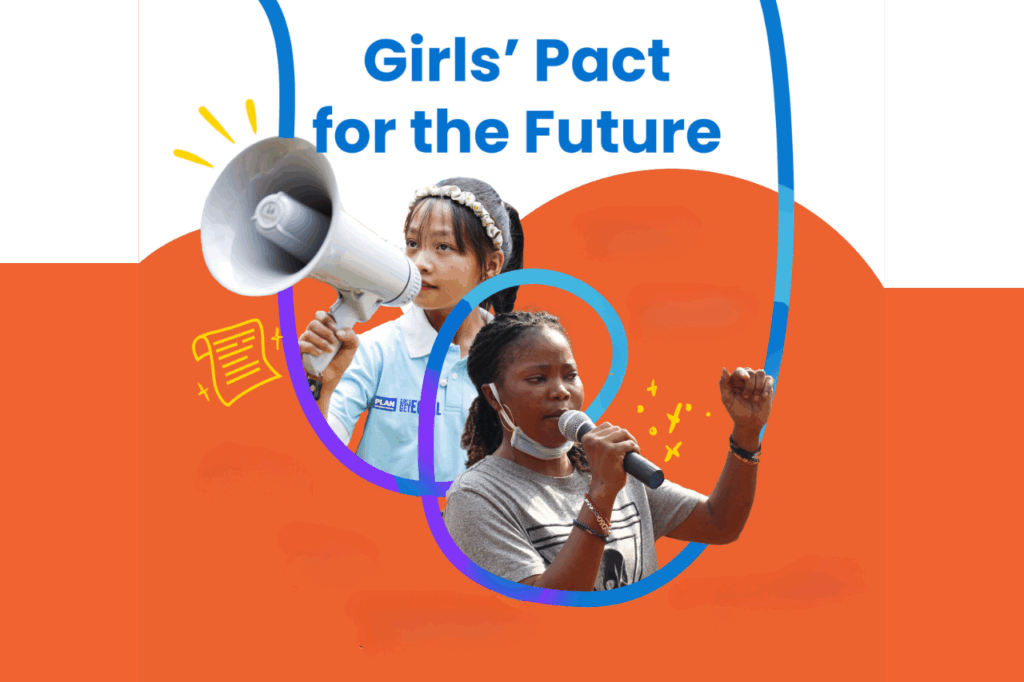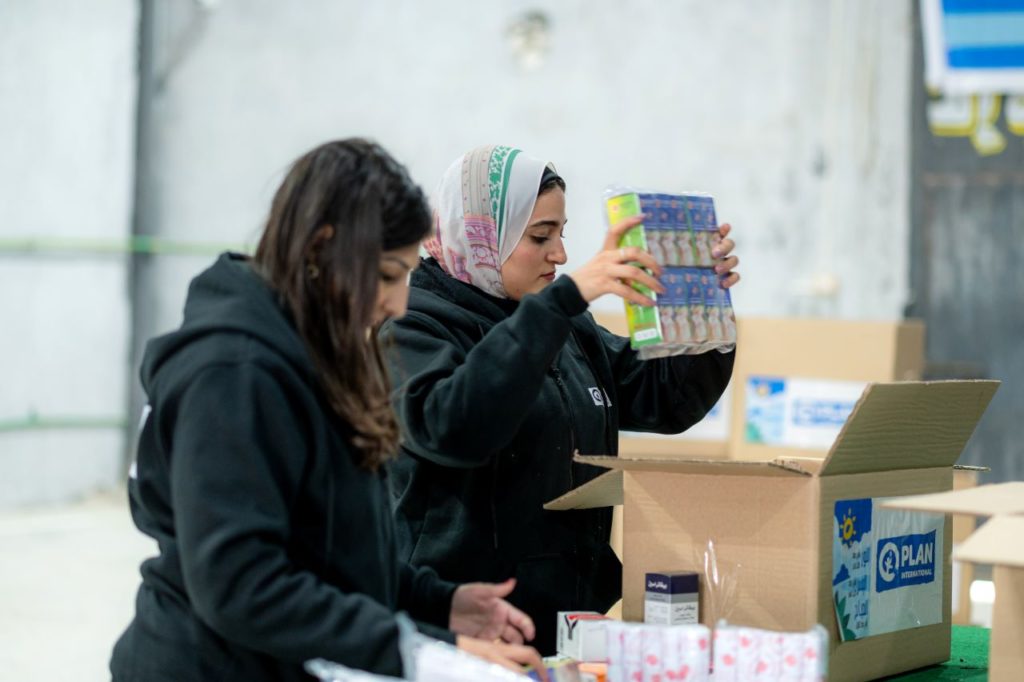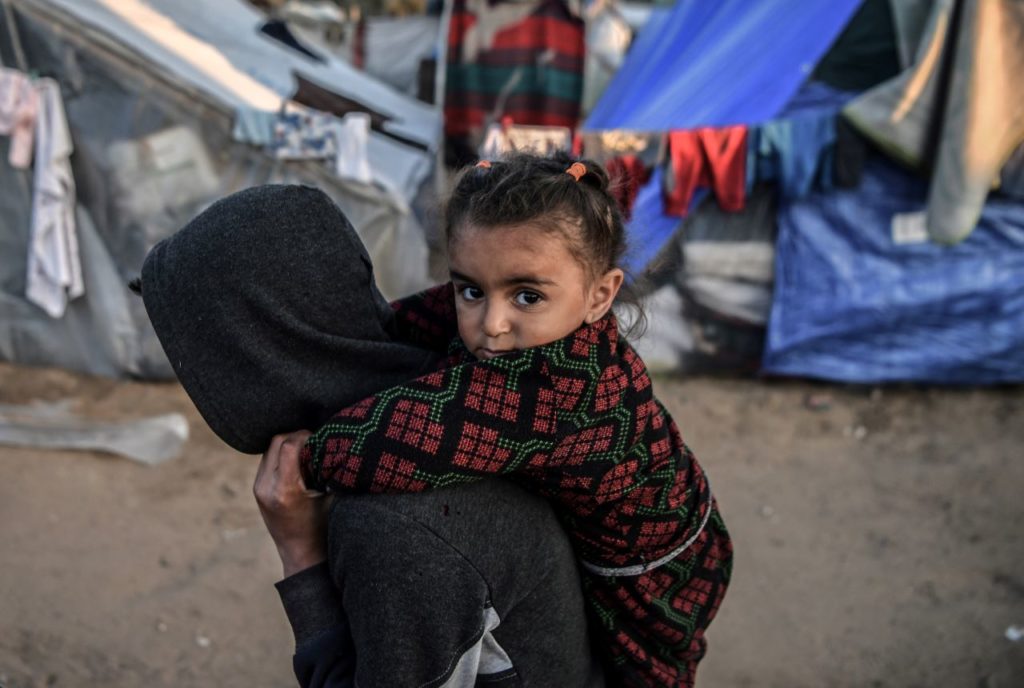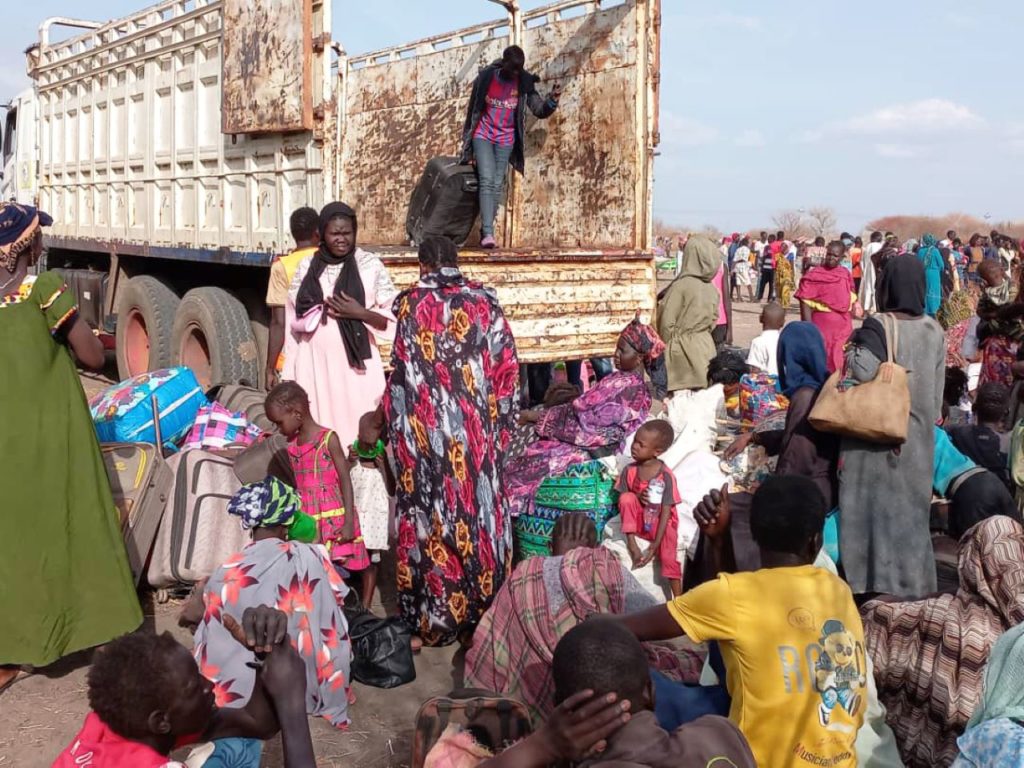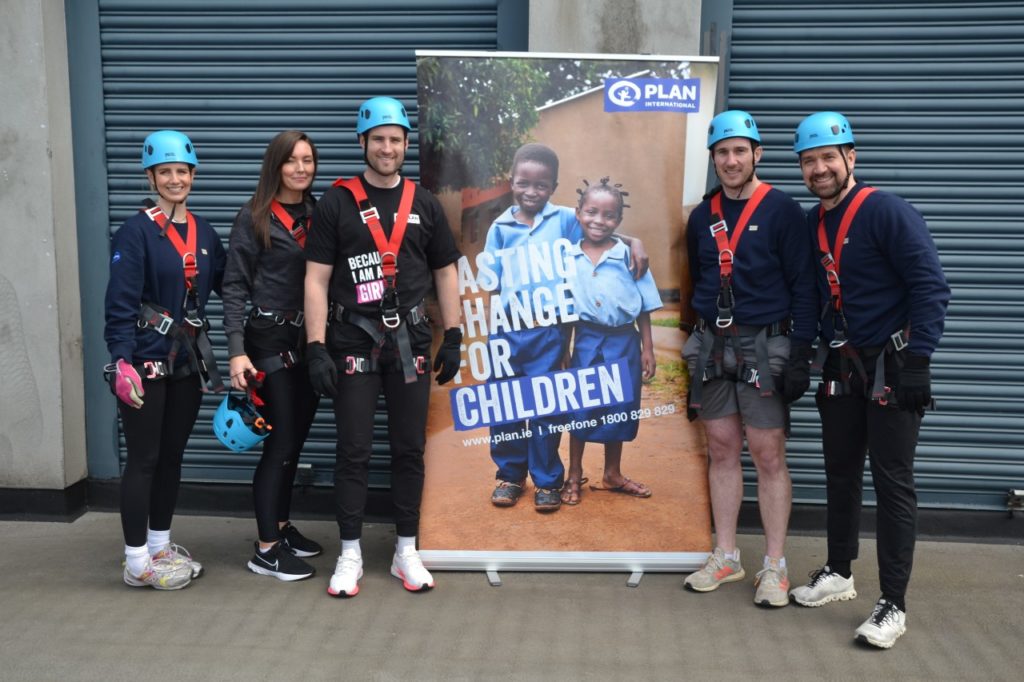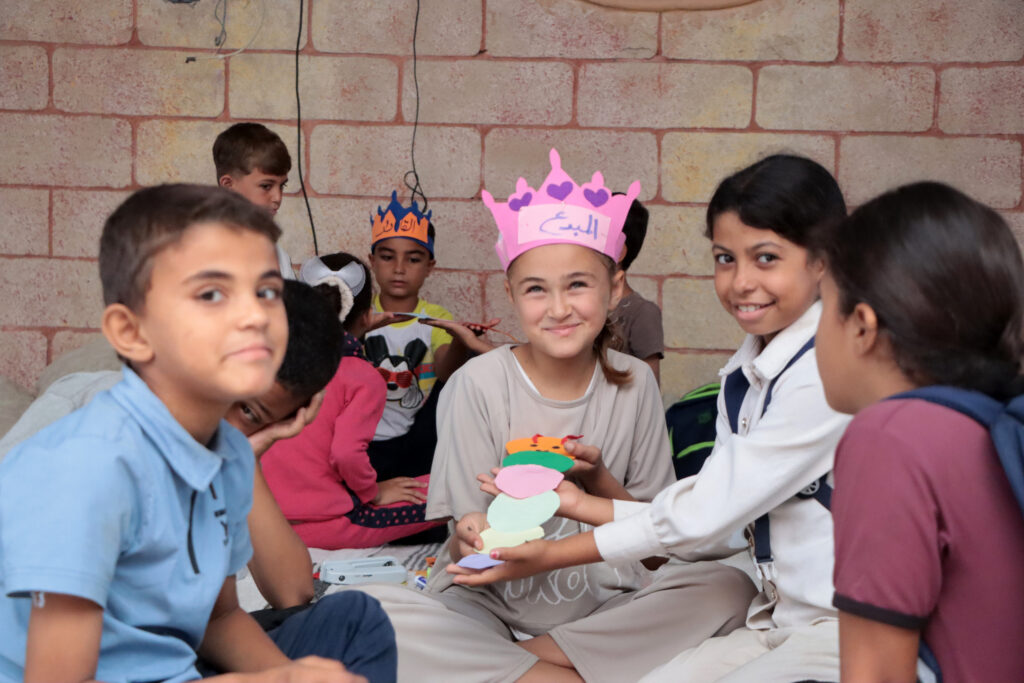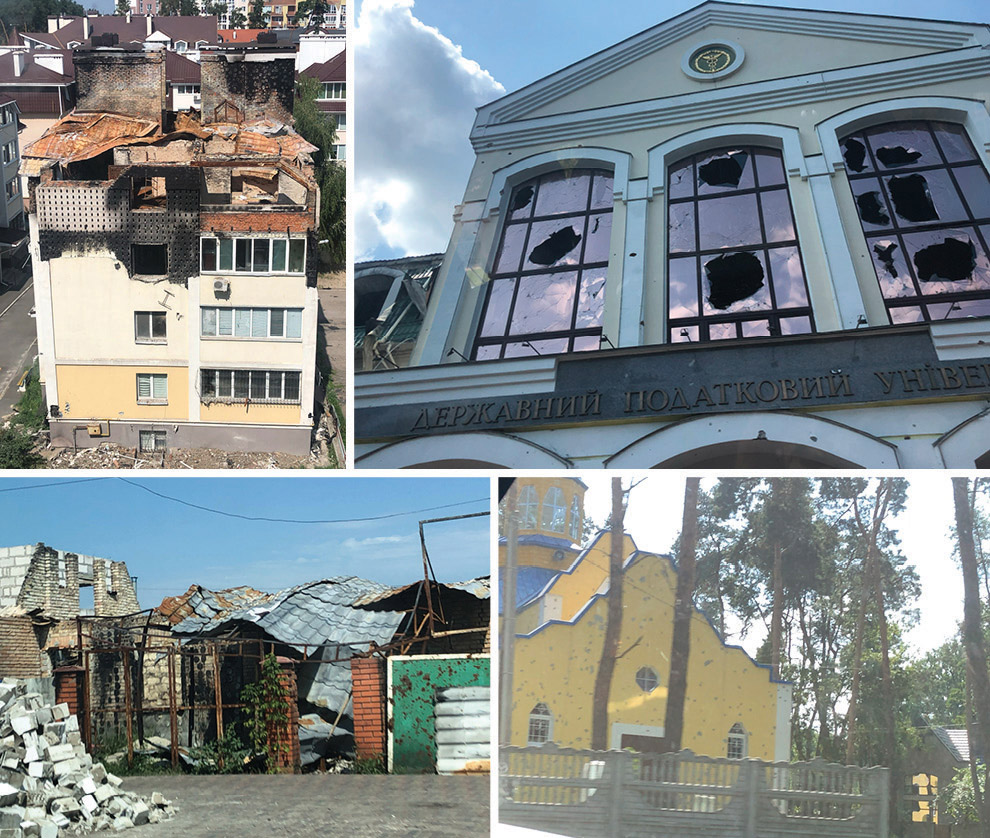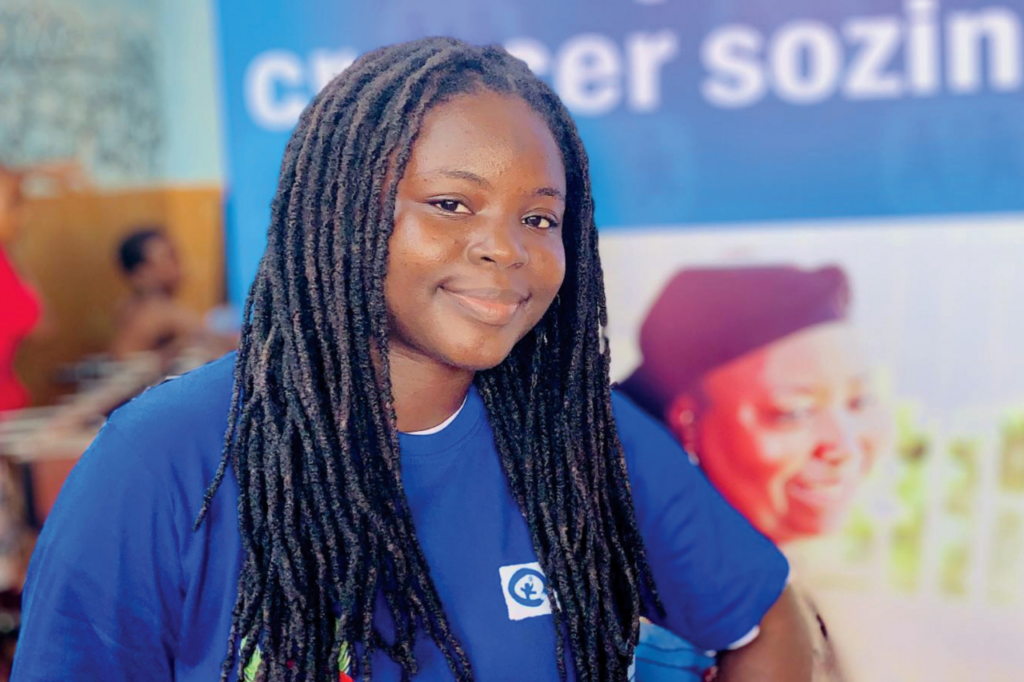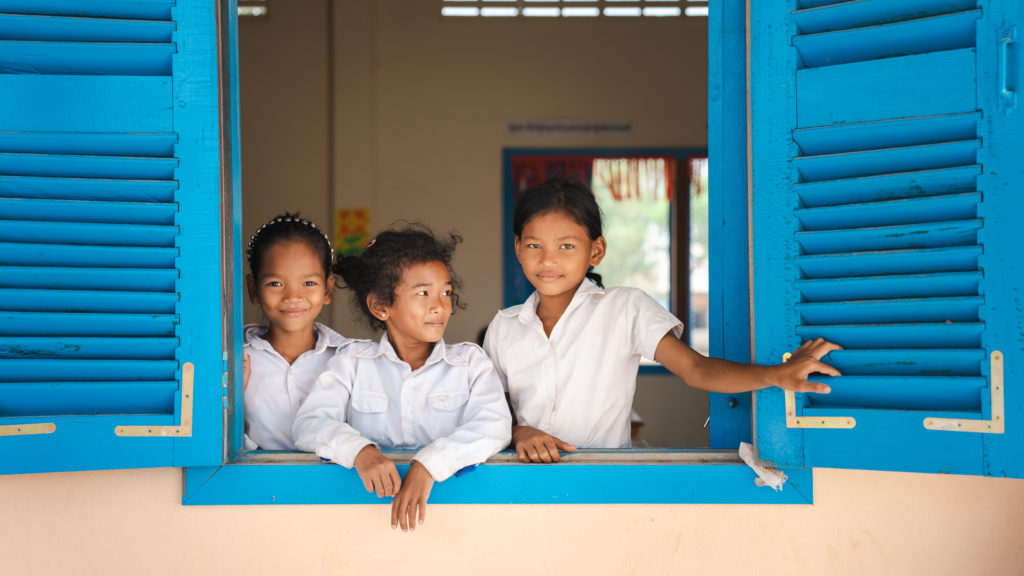“Menstrual hygiene is a taboo in our country, no one wishes to address it publicly for fear of being criticised or even rejected because of the social constraints in our country,” says Kadiatou, one of the members of the Guinea Girl Leaders Club which is supported by Plan International.
Menstrual hygiene concerns the dignity and well-being of all women and girls, particularly school-aged girls who often miss classes due to inadequate menstrual hygiene management, which underpins their right to sanitation and gender equality in education.
Lack of information on menstruation, poor sanitation infrastructure and the fact that menstrual hygiene products are often lacking or inaccessible are among the causes of poor menstrual hygiene in many girls.
“The price of a sanitary pads varies between 10 to 15 thousand Guinean francs and we need them every month for three days to a week for girls who have a long cycle. Girls often can’t afford to pay for them, so they are forced to isolate themselves at home. If they have to go to school during this time, it’s impossible. It’s the same thing for girls who have jobs,” Kadiatou explains.
Realising the impact poor menstrual hygiene management is having on girls in their community, the girl leaders worked with Plan International to distribute reusable sanitary pads free of charge to adolescent girls.
“We said to ourselves, we need to think about pads that are washable and meet all the hygiene criteria and that’s what we did. This is a pilot phase that we are exploring, but the outcome has been positive because demand is greater than supply,” says Kadiatou.
As many girls and young women do not receive the correct information on how to manage their hygiene and health during their periods, the girl leaders also raise awareness about menstruation and reproductive health.
“The lack of information on menstrual hygiene hinders many girls in their studies and apprenticeships. As a group that promotes girls’ rights, we felt that now is the time to act to teach girls about how to manage their periods,” Kadiatou explains.
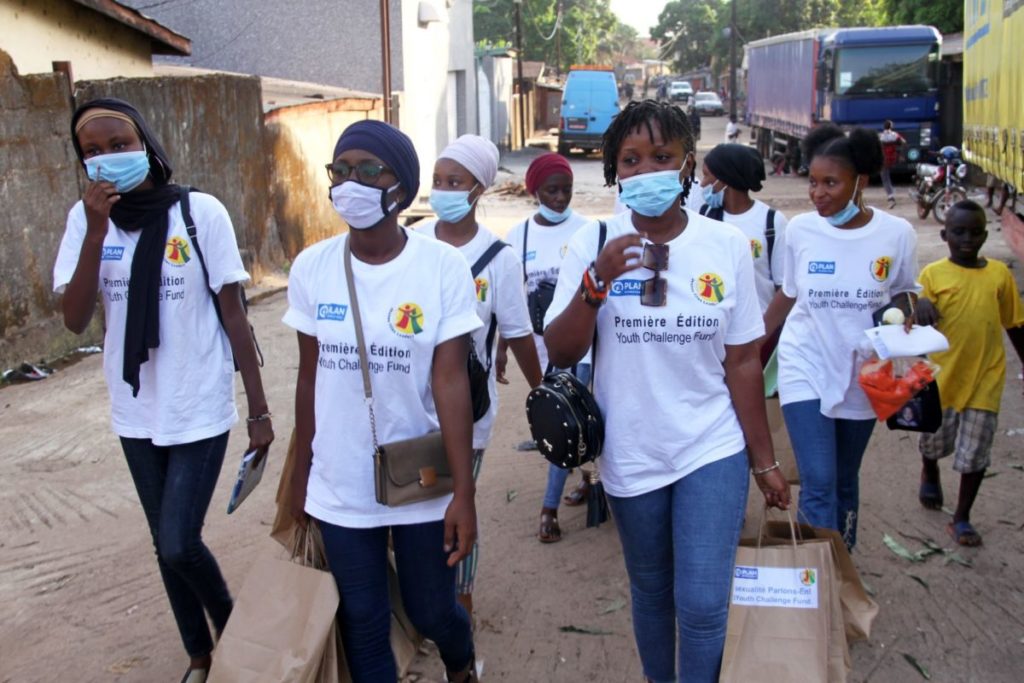
The group found that although some girls discuss these issues with their sisters and friends, most did not want to talk about their menstruation with their mothers. When Aicha first started her periods, she tried to hide it from her family.
“When I got my period for the first time, I was not surprised because I had big sisters who prepared me for it, but I hid it from my mother for the first few months. It was my sister who told her because I was too ashamed to tell her myself. She took me to her room to give me some pads and explained how to use them.”
As well as breaking the taboos about menstrual hygiene management, the girl leaders are also using the opportunity to raise awareness about COVID-19 prevention and distribute face masks and soap – something which is particularly important to reduce the likelihood of a new wave of COVID-19 infections.
With the recent relaxation of restrictions, many people in Guinea are no longer following the recommendations of social distancing, wearing face masks and regular handwashing, leading to fears of a resurgence of the virus among vulnerable communities.
“People behave as if the disease is over, they are in the markets, in the bus stations, in the bars without protective measures, it is really regrettable and worrying. We don’t want a new wave of COVID-19 in our country like elsewhere in the world. This is why we are trying to make our parents as aware as possible so that they realise that the disease is indeed in our country and we must protect ourselves,” explains Fatime.
